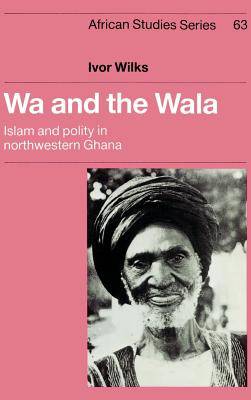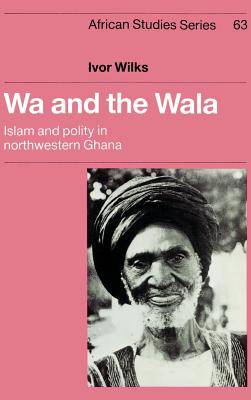
- Afhalen na 1 uur in een winkel met voorraad
- Gratis thuislevering in België vanaf € 30
- Ruim aanbod met 7 miljoen producten
- Afhalen na 1 uur in een winkel met voorraad
- Gratis thuislevering in België vanaf € 30
- Ruim aanbod met 7 miljoen producten
Zoeken
€ 190,45
+ 380 punten
Uitvoering
Omschrijving
In the late seventeenth century Wala emerged as a small state in what is now northwestern Ghana. Ivor Wilks traces the history of Wala from its beginnings to the present, paying particular attention to the complex relations between the Muslim and non-Muslim elements in the population. He also examines the impact of Zabrima, Samorian, British, and French intrusions into Wala affairs. By the use of orally transmitted traditions and recensions of these in both Arabic and Hausa, he is able to show how the Wala themselves view thier past. Ivor Wilks analyzes the periodic eruptions of communal violence in Wala in terms of both religious and secular factionalism. He suggests that the policy maker, concerned with the region's current political problems, should have a sound knowledge of the history of Wala and an understanding of the deeper structures of society.
Specificaties
Betrokkenen
- Auteur(s):
- Uitgeverij:
Inhoud
- Aantal bladzijden:
- 276
- Taal:
- Engels
- Reeks:
- Reeksnummer:
- nr. 63
Eigenschappen
- Productcode (EAN):
- 9780521362108
- Verschijningsdatum:
- 28/07/1989
- Uitvoering:
- Hardcover
- Formaat:
- Genaaid
- Afmetingen:
- 152 mm x 229 mm
- Gewicht:
- 576 g

Alleen bij Standaard Boekhandel
+ 380 punten op je klantenkaart van Standaard Boekhandel
Beoordelingen
We publiceren alleen reviews die voldoen aan de voorwaarden voor reviews. Bekijk onze voorwaarden voor reviews.











